When it comes to feeding your French Bulldog puppy, choosing the right diet is crucial for their development and overall health. French Bulldogs have specific dietary needs that vary with age, and it’s important to provide a balanced diet that supports their growth and well-being. This article offers the best diet tips to ensure your French Bulldog puppy thrives.
Table of contents
- 1. Balanced Diet
- 2. Consult with Your Veterinarian
- 3. High-Quality Proteins
- 4. Limited Ingredient Diet
- 5. Monitor Weight Regularly
- 6. Avoid Overfeeding
- 7. Human-Grade Ingredients
- 8. Wet Food
- 9. Dry Food
- 10. Raw Food
- Conclusion
- Frequently Asked Questions
- What is the best food for a French Bulldog puppy?
- How can I ensure my French Bulldog puppy stays healthy?
- When should my French Bulldog puppy start eating adult food?
- What are the benefits of feeding wet food to my French Bulldog?
- Are there specific dietary considerations for French Bulldog puppies?
- How often should I consult my veterinarian about my French Bulldog’s diet?
1. Balanced Diet
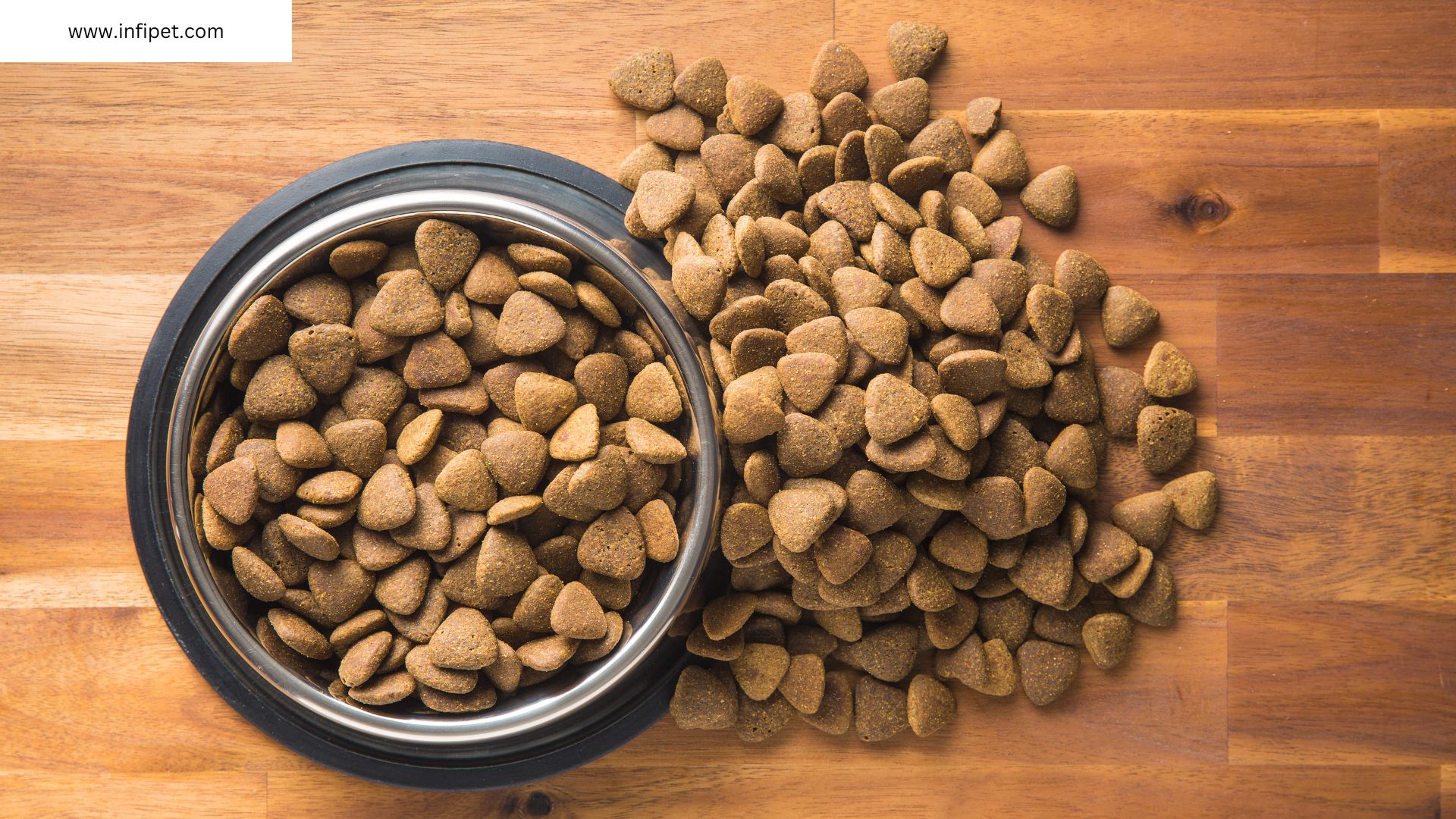
Providing a balanced diet is vital for the overall health and well-being of your beloved French Bulldog. With so many food options available, it can be overwhelming to determine the best diet for your Frenchie. In this comprehensive guide, we’ll delve into the importance of a balanced diet and provide expert tips to help you choose the best food for your furry friend.
Understanding Nutritional Needs
French Bulldogs have unique nutritional requirements. They require a balanced blend of proteins, fats, carbohydrates, vitamins, and minerals to thrive. Prioritize high-quality, species-appropriate ingredients in their diet.
Remember, not all French Bulldogs are the same size, so finding the best food can be tricky. We review the nutritional content of breed-suited picks to ensure your pup gets exactly what they need!
2. Consult with Your Veterinarian
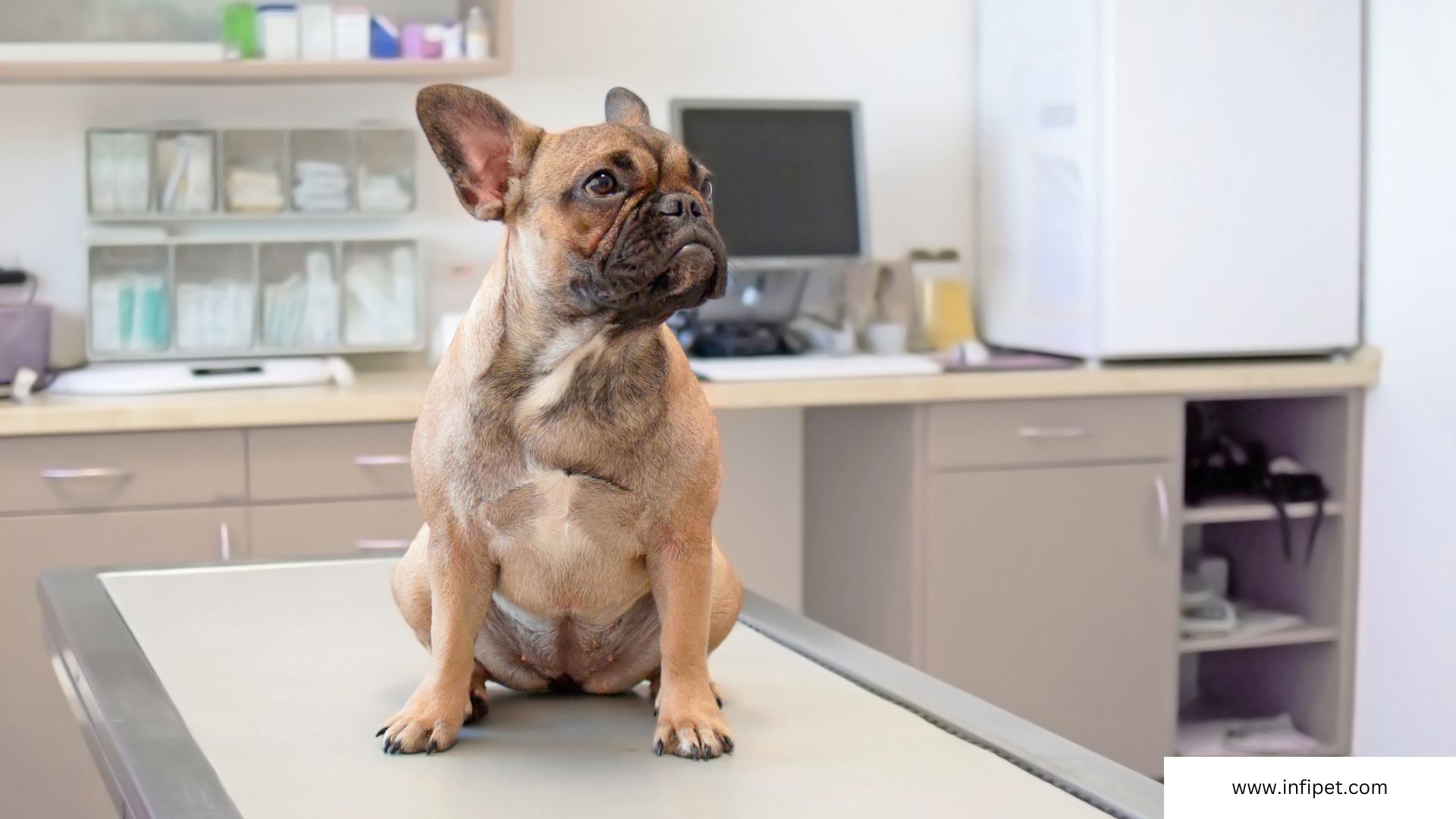
When it comes to feeding your adorable French Bulldog puppy, don’t just wing it! Consulting with your veterinarian is crucial when determining the right food for your Frenchie. They’re like the dietary detectives for your pup, assessing specific needs, considering any health concerns, and recommending the best munchies. Remember, every Frenchie is unique!
It’s always a good idea to talk to your vet about the brand and kind of food you feed your dog to see if they approve or have any suggestions for your specific needs.
Here’s a quick checklist to discuss with your vet:
- Overall health and energy levels
- Coat condition and stool quality
- Potential dietary adjustments
- Any concerns about parasites or the need for de-worming
By keeping these points in check, you ensure your puppy grows up healthy, happy, and ready to frolic around!
3. High-Quality Proteins
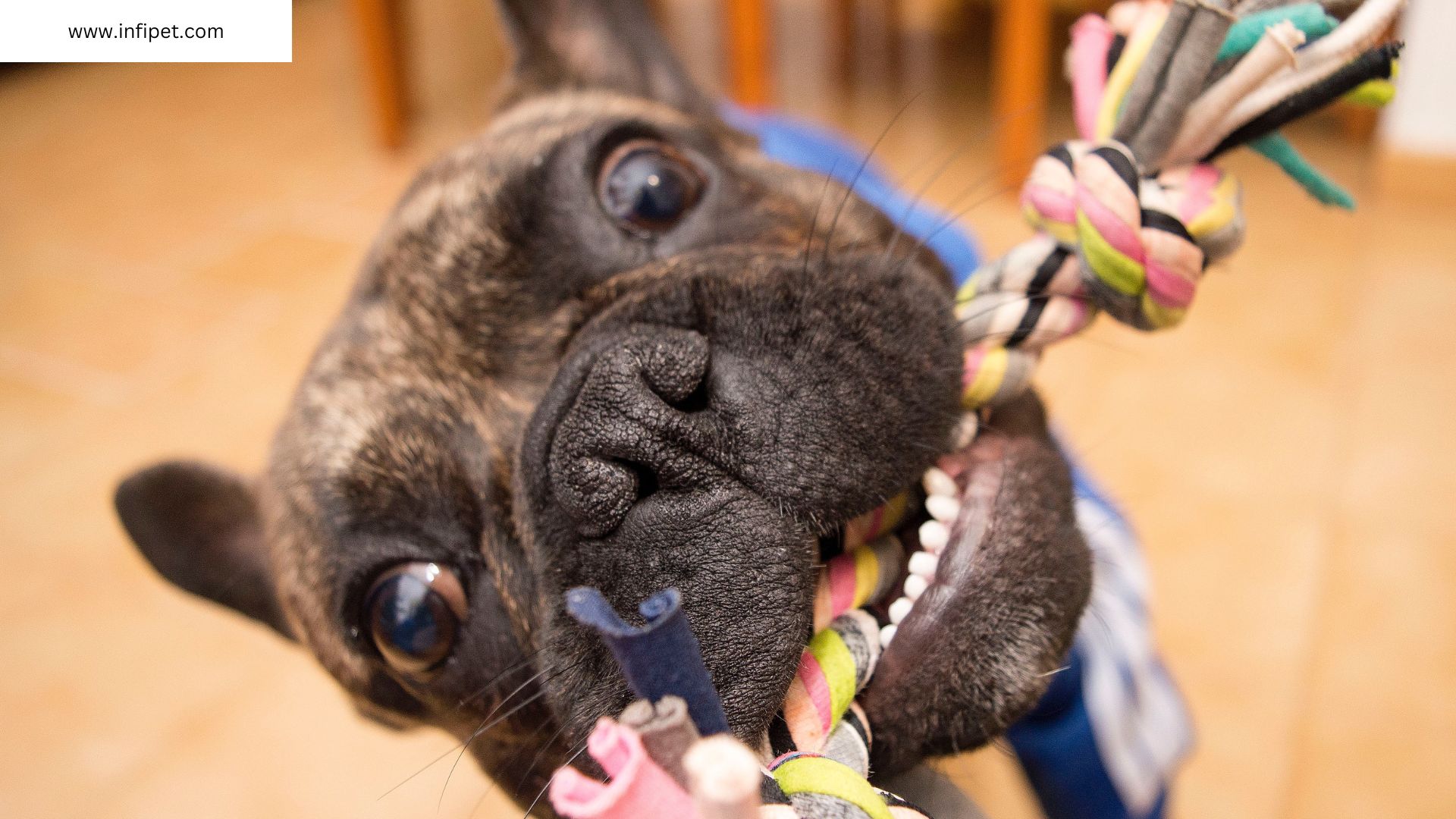
When it comes to feeding your French Bulldog puppy, think quality over quantity! Opt for dog foods that boast high-quality proteins, which are crucial for your pup’s muscle development and overall health. Look for labels that list real, recognizable ingredients like turkey thigh, chicken heart, or beef liver, rather than vague terms like ‘animal derivatives’ or ‘animal by-products’. These proteins should be the star of the show in your puppy’s diet!
Remember, Frenchies are what they eat, just like us! Avoid foods with artificial additives, by-products, or fillers. Instead, choose options that are rich in meat and low in unnecessary grains like corn or wheat. This not only supports their growth but also helps in maintaining a shiny coat and healthy skin, which is essential for avoiding common bulldog allergies.
Feeding your Frenchie high-quality proteins isn’t just a treat; it’s a necessity for their robust health and vivacious spirit!
4. Limited Ingredient Diet

When it comes to feeding your French Bulldog puppy, sometimes less is more! A limited ingredient diet is like the Marie Kondo of dog food—it helps you clear out the unnecessary and focus on what truly matters. This diet is especially beneficial for pups with sensitive stomachs or allergies. By limiting the number of ingredients, you reduce the risk of triggering an allergic reaction and make it easier to pinpoint any food sensitivities.
Opting for a limited ingredient diet means choosing foods that list high-quality, easily recognizable ingredients. Think ‘turkey thigh’ or ‘chicken heart’ rather than vague terms like ‘animal derivatives’.
Here’s a quick breakdown of what to look for in a limited ingredient diet:
- High-quality protein source: This should be the main ingredient. Look for named meat sources, not just any meat.
- Simple carbohydrates: Avoid complex grains and high carb fillers like corn or wheat.
- No artificial additives or preservatives: Keep it natural and simple.
By keeping the ingredient list short and sweet, you’re not only making mealtime easier but also ensuring your Frenchie gets the nutrition they need without the extras they don’t.
5. Monitor Weight Regularly
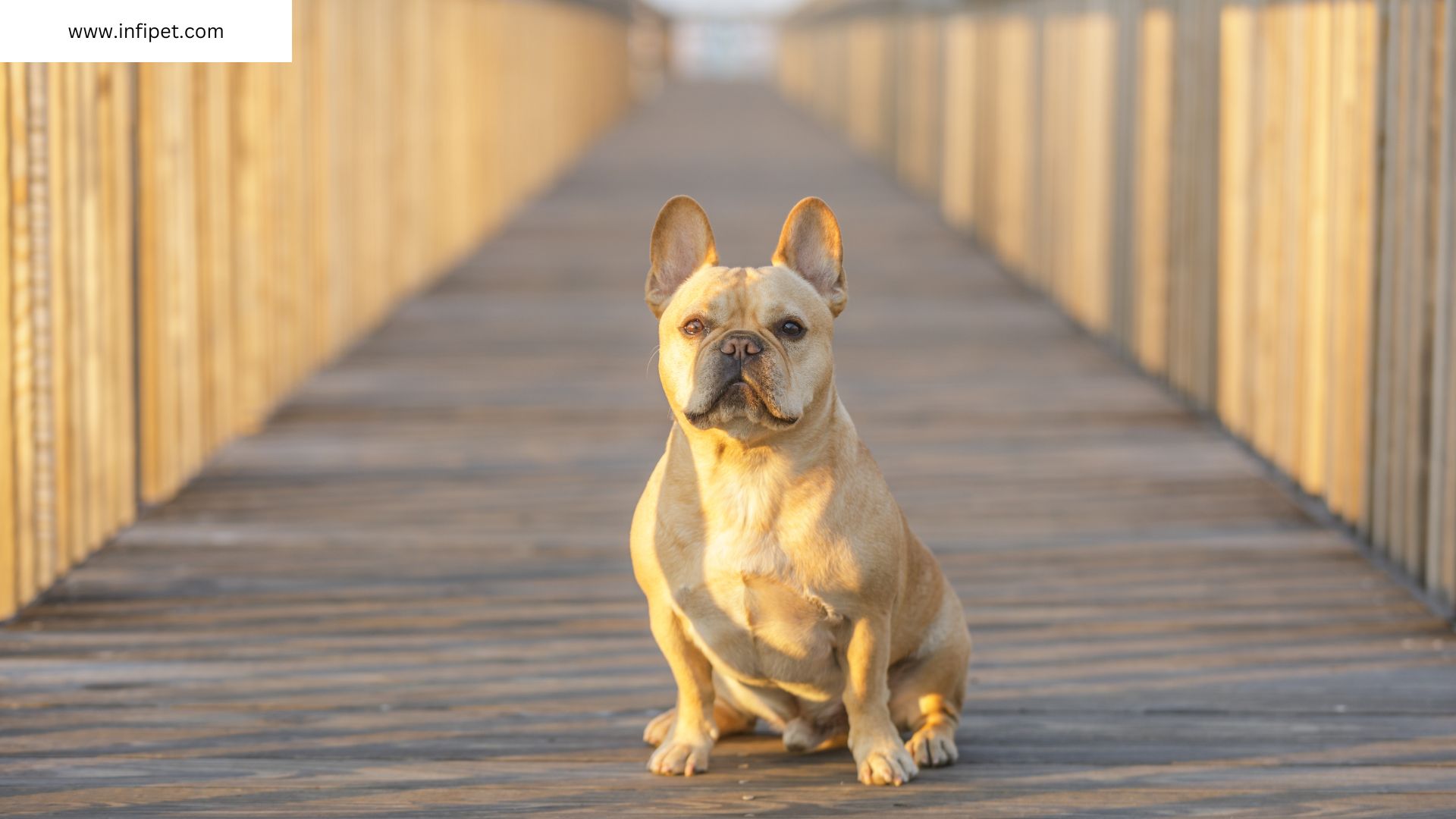
Keeping an eye on your French Bulldog puppy’s weight isn’t just about making sure they aren’t stealing extra treats; it’s about ensuring their overall health and happiness. Regular weight checks are crucial to prevent both obesity and underweight issues, which can lead to serious health problems.
Key Steps for Monitoring Weight:
- Establish a consistent feeding schedule to help with digestion and prevent overeating.
- Use portion control. Follow the feeding guidelines provided by the food manufacturer and adjust based on your pup’s activity level and body condition.
- Monitor your Frenchie’s overall health, energy levels, coat condition, and stool quality. If any issues arise, consult your veterinarian.
Remember, if your Frenchie is at an ideal weight, keep up the good work but remain vigilant for any body changes that might indicate a problem.
6. Avoid Overfeeding
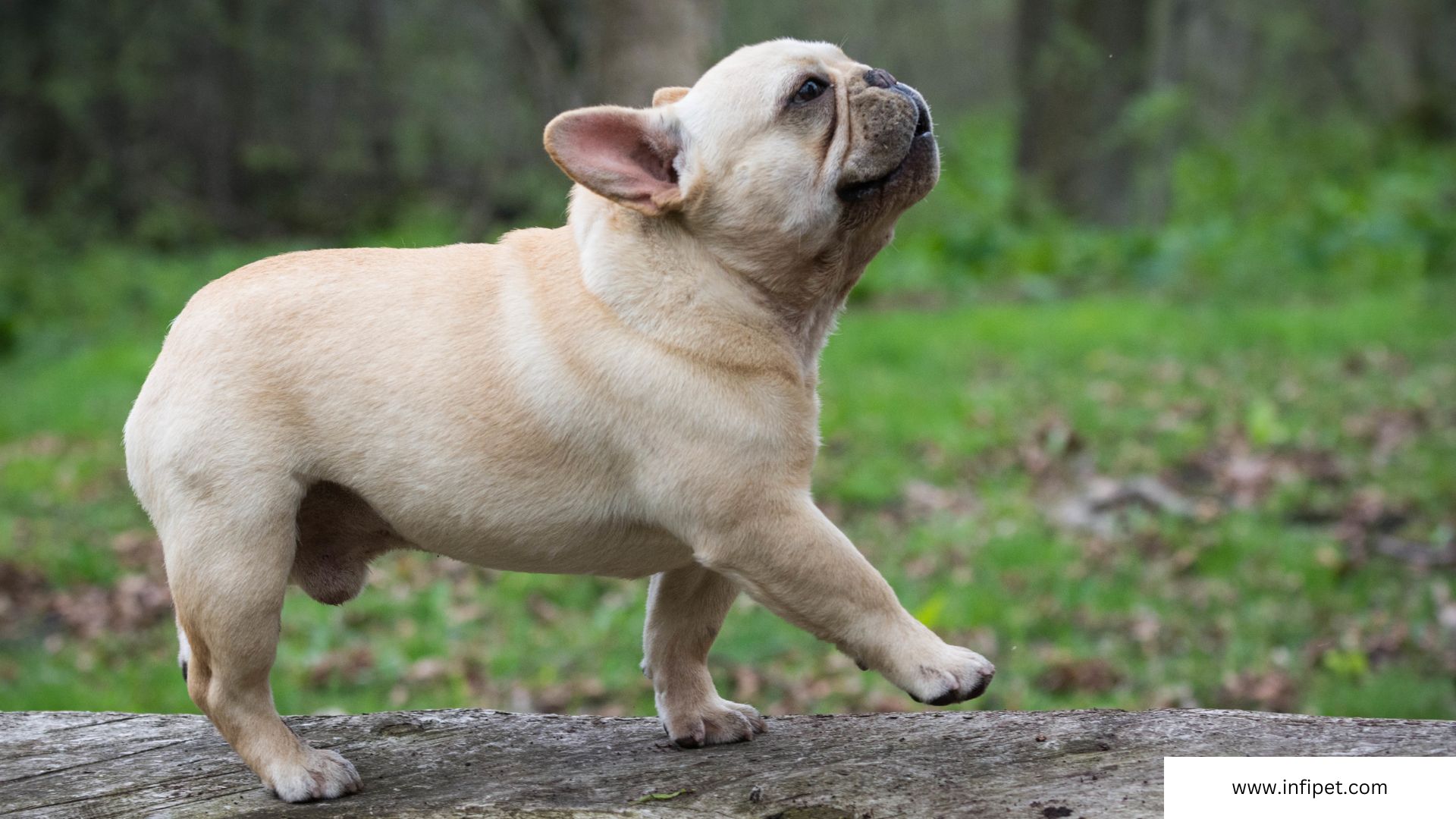
Overfeeding your French Bulldog puppy might be tempting, especially when they look at you with those big, soulful eyes. But remember, a chubby puppy isn’t always a healthy puppy! Maintaining portion control is crucial to prevent obesity, which is a common issue in French Bulldogs. Here’s how you can keep those puppy eyes bright and the belly just right:
- Measure meals accurately: Use a standard measuring cup and follow the guidelines provided by the food manufacturer. Adjust as necessary based on your puppy’s activity level and body condition.
- Establish a regular feeding schedule: Consistency in meal times aids in digestion and helps prevent overeating. Avoid free-feeding to maintain better control over your puppy’s diet.
- Moderation with treats: Treats are great for training and bonding, but they should be given sparingly. Opt for healthy, low-calorie options to avoid packing on the extra pounds.
Remember, every treat and every extra portion can add up quickly. Keeping a close eye on what and how much your puppy eats is essential for their health and happiness.
7. Human-Grade Ingredients

When it comes to feeding your French Bulldog puppy, you want to make sure they’re getting the crème de la crème of dog food. That’s where human-grade ingredients come into play. These ingredients should be high quality and clearly stated, like turkey thigh, chicken heart, or beef liver, rather than vague terms like ‘animal by-products’ or ‘animal derivatives’.
Here’s a quick checklist to ensure you’re picking the right stuff:
- Look for real, recognizable whole food ingredients.
- Avoid preservatives and high carb fillers like potato, rice, or corn.
- Opt for foods with a high meat content and minimal to zero grains.
Remember, if the ingredient list reads like a science experiment, it’s probably not what you want for your pup! Quality over quantity is the mantra here. Always question the quality and never settle for less because our dogs deserve only the best.
8. Wet Food
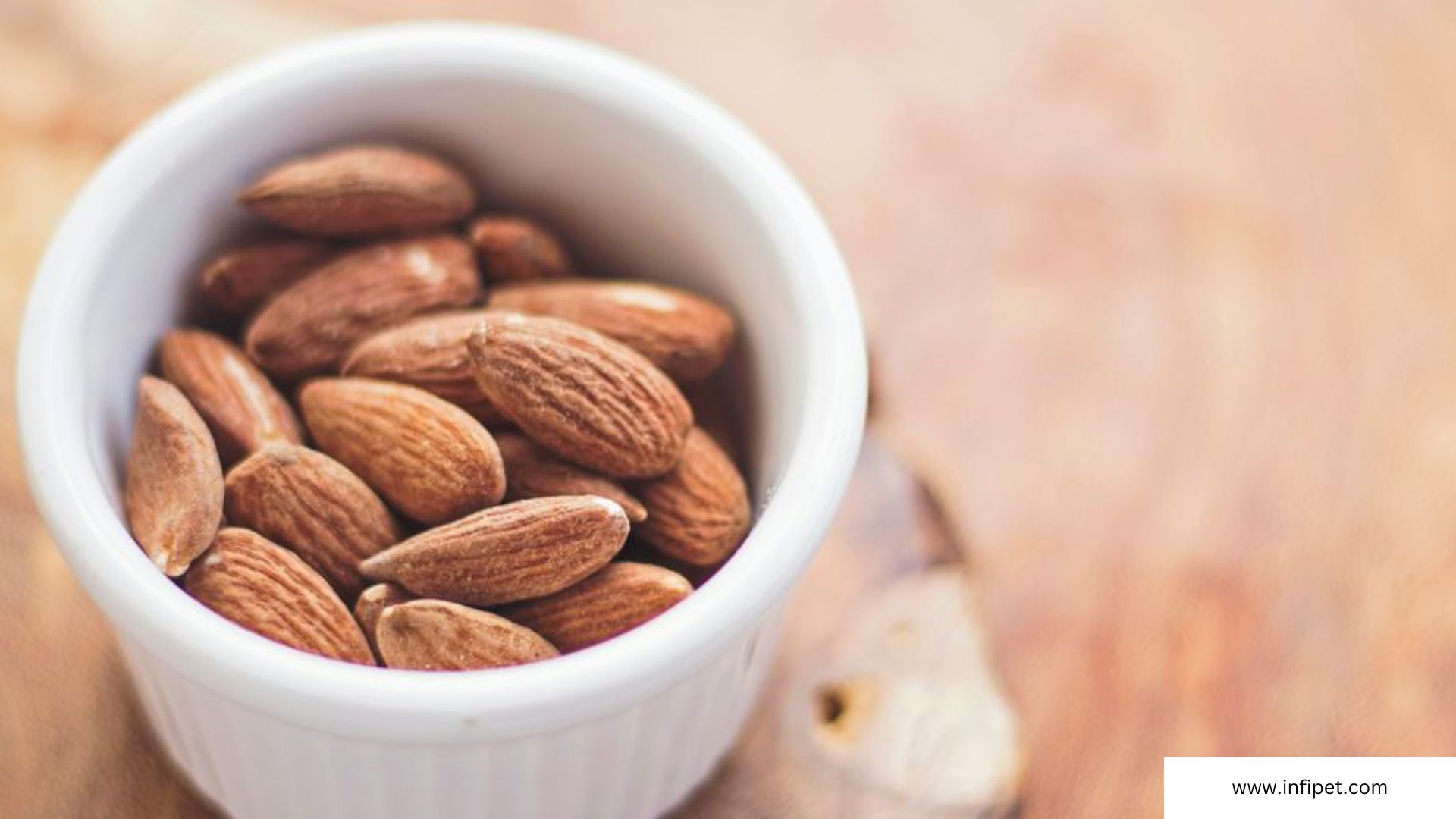
Wet food is not just a treat; it’s a feast for those Frenchies who might turn their noses up at drier dishes. Rich in moisture, wet food can be a game-changer for your pup’s hydration levels, especially during those hot summer days. It’s also a fantastic choice for French Bulldogs with sensitive teeth or older dogs who find chewing a chore. But remember, not all wet foods are created equal! Make sure the wet food you choose is a complete meal, not just a topper to sprinkle over dry kibble.
When selecting wet food, consider options like Purina Beneful Small Breed Wet Dog Food Variety Pack, which offers a range of flavors from beef to salmon, ensuring your Frenchie never gets bored.
While wet food can be a bit pricier and messier than its dry counterpart, the benefits for your dog’s appetite and hydration can definitely outweigh these cons. Just be sure to balance it with dry food or other diets to maintain a healthy variety in your dog’s meals.
9. Dry Food
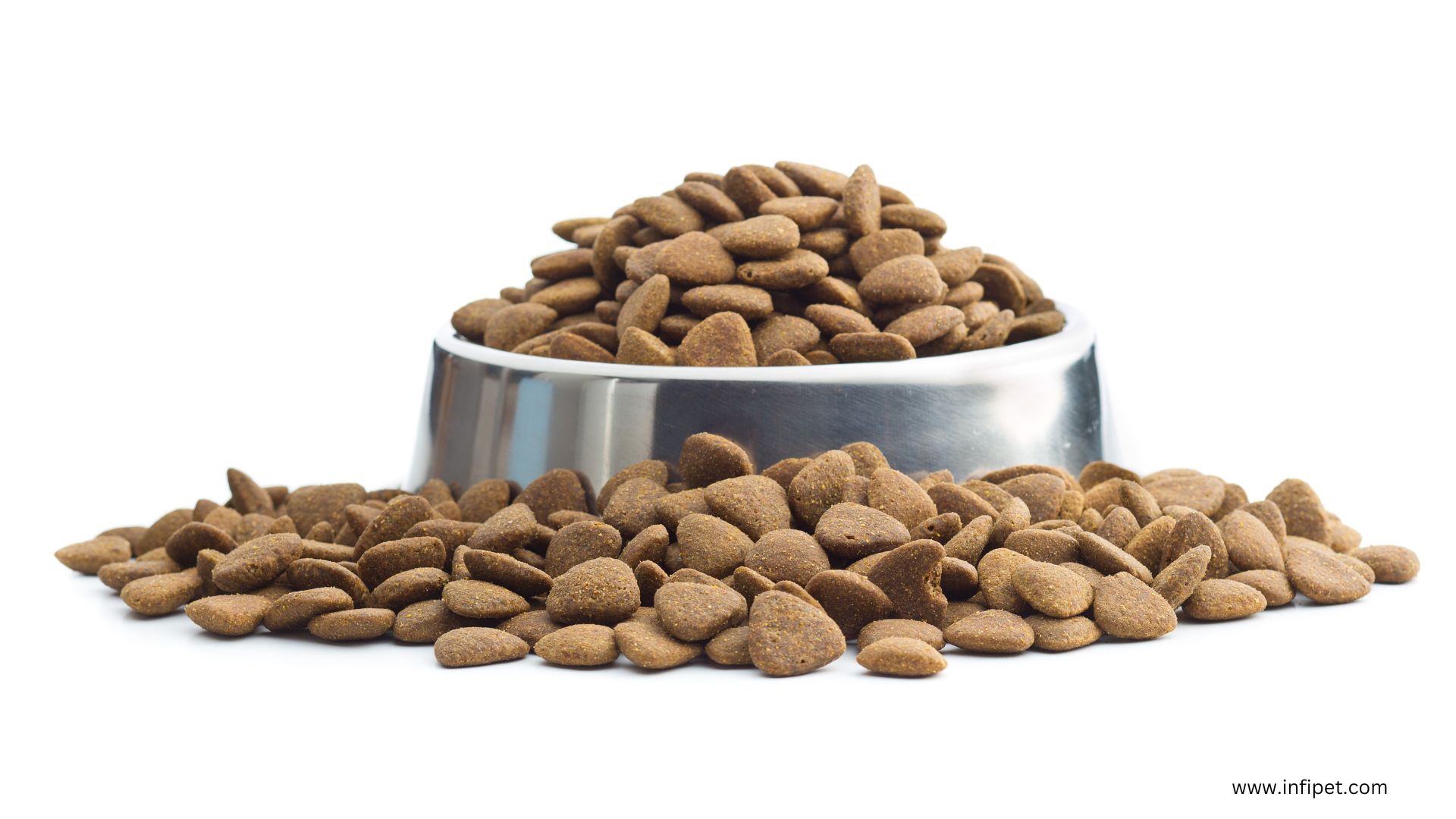
Dry kibble isn’t just a convenient option for your French Bulldog puppy; it’s a crunchy party in their mouth! Quality dry food ensures that your Frenchie gets all the essential nutrients they need to grow up strong and healthy. Plus, the crunchy texture helps keep their teeth clean—think of it as nature’s toothbrush!
When deciding how much of this crunchy goodness to serve, always check the food brand’s feeding guidelines. These are usually adjusted based on your pup’s age, weight, and how much they zoom around during playtime. Remember, a well-fed Frenchie is a happy Frenchie!
Keep in mind, while dry food is great for dental health and convenience, it’s important to ensure it’s balanced and meets all your puppy’s nutritional needs. Mix things up with some wet food or treats to keep your pup engaged and excited about mealtime!
10. Raw Food
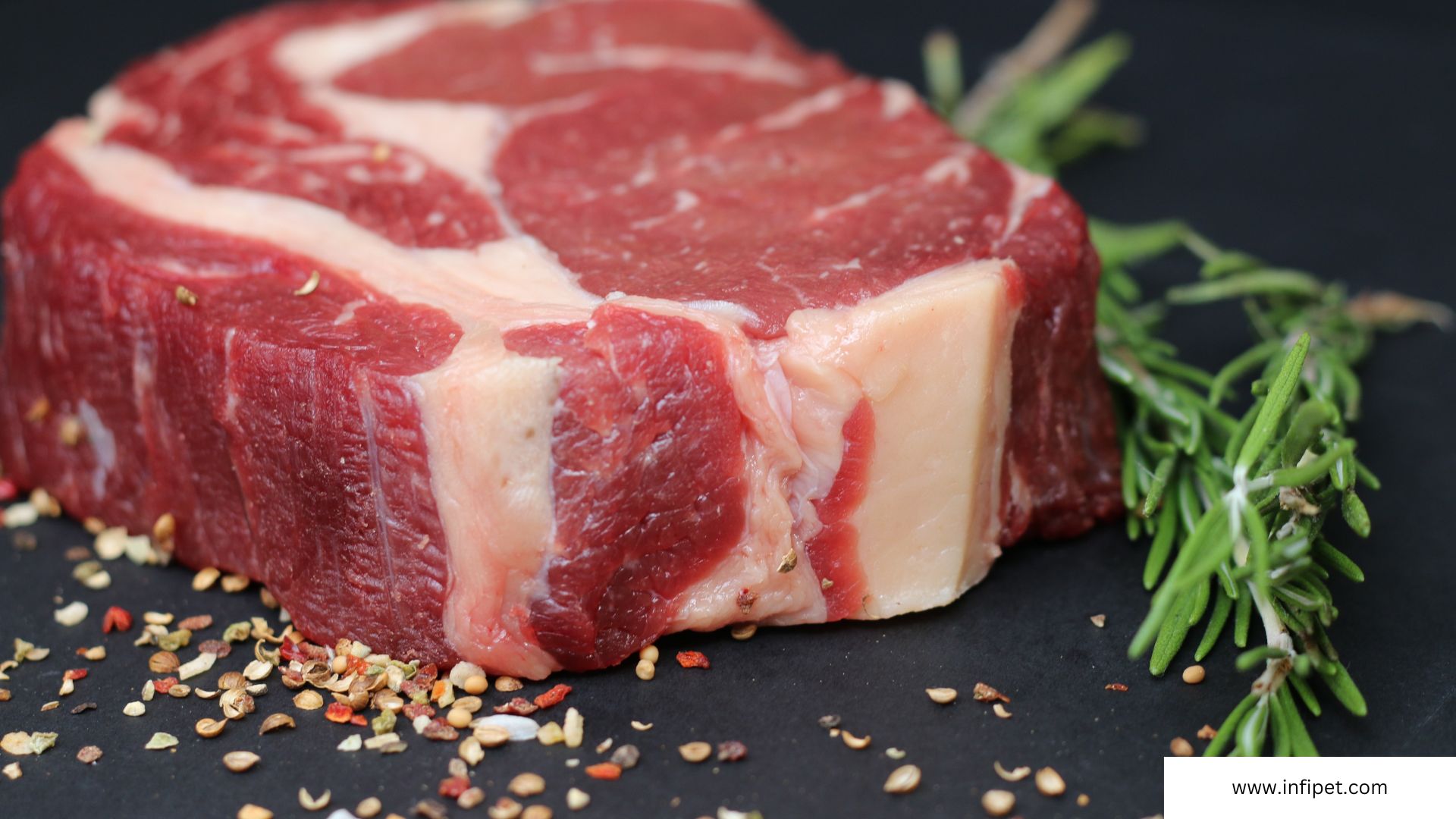
Considering a raw food diet for your French Bulldog puppy? Well, you’re in for a treat—literally and figuratively! A raw diet, often humorously referred to as BARF (Bones and Raw Food or Biologically Appropriate Raw Food), involves feeding your pup uncooked meats, bones, and sometimes even fruits and veggies. It’s like a buffet that mirrors what their wild cousins might munch on. But before you dive into this culinary adventure, remember, it’s not just about throwing raw meat into a bowl and calling it a day.
Safety first! Always consult with your vet to ensure the diet is balanced and safe, steering clear of any unwanted bacteria parties in your pup’s tummy. Here are some top picks for raw foods that have tails wagging:
- Northwest Naturals
- Stella and Chewy’s
- Wild Coast Raw
These brands are often found chilling in the freezer section, ready to serve up some serious gourmet grub for your furry friend. And hey, if you’re feeling adventurous, why not try some freeze-dried raw meat treats? They’re packed with healthy omega-3s and are sure to make your pup go wild!
Conclusion
And there you have it, folks! The ultimate guide to keeping your French Bulldog puppy as happy as a clam at high tide. Remember, choosing the right food is like picking the perfect bow tie for a fancy gala—it has to be just right! Keep those bowls filled with high-quality munchies, consult your trusty vet, and always, always keep an eye on that adorable waistline. Here’s to many joyful, belly-full years with your Frenchie! Cheers to good health and even better meals!
Frequently Asked Questions
What is the best food for a French Bulldog puppy?
French Bulldog puppies should be fed a balanced diet that meets AAFCO nutrient guidelines for growth. Look for foods specifically designed for puppies, which contain the right balance of calcium and other essential nutrients.
How can I ensure my French Bulldog puppy stays healthy?
Prioritize a balanced diet, monitor their weight regularly, and consult with your veterinarian to make sure their nutritional needs are being met. Also, avoid overfeeding to prevent obesity.
When should my French Bulldog puppy start eating adult food?
Your French Bulldog puppy can start eating adult food from 9-12 months of age. Ensure the transition is gradual and consult your vet for the best approach.
What are the benefits of feeding wet food to my French Bulldog?
Wet food can be more palatable and easier for puppies to eat. It also helps in hydration and can be beneficial for French Bulldogs with dental issues or who prefer softer textures.
Are there specific dietary considerations for French Bulldog puppies?
Yes, French Bulldog puppies require diets rich in high-quality proteins and low in high carb fillers. Avoid preservatives and opt for human-grade ingredients when possible.
How often should I consult my veterinarian about my French Bulldog’s diet?
Regular check-ins with your veterinarian are recommended to ensure your French Bulldog’s diet is appropriate and to adjust feeding amounts and schedules as needed.



